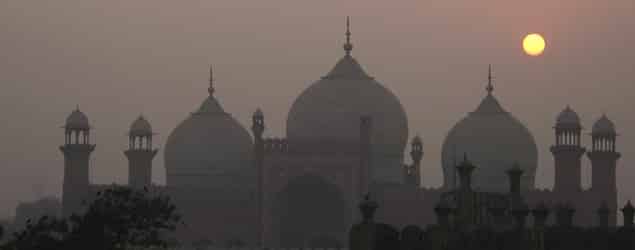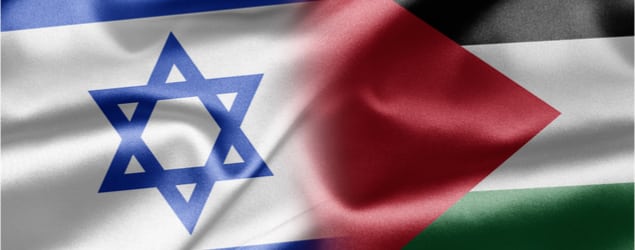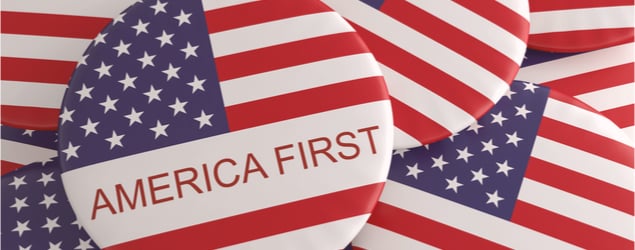What We Knew About Pakistan, Islamists and Bin Laden

Osama Bin Laden spent nearly six tranquil years hidden in a compound in Abbottabad, Pakistan. Since that came to light in May 2011, New York Times reporter Carlotta Gall has been chasing down leads to figure out what Pakistan knew about Bin Laden. Gall’s article vividly recounts the trail leading to the answer, but reveals more than that.
First, the answer: her search culminates with an unnamed source admitting that the Pakistani intelligence agency, ISI, “actually ran a special desk assigned to handle Bin Laden. It was operated independently, led by an officer who made his own decisions and did not report to a superior. He handled only one person: Bin Laden.” That may be the closest thing to a smoking gun that you might hope for, given the corruption and opacity of the Pakistani regime.
Which brings us to the other revelation: Pakistan’s post-9/11 alliance with the United States was a massive fraud. Pakistan had declared itself “with us,” but as Gall points out incidentally (echoing a view others have also expressed): “the strategy that has evolved in Pakistan has been to make a show of cooperation with the American fight against terrorism while covertly abetting and even coordinating Taliban, Kashmiri and foreign Qaeda-linked militants.”
The United States was neither speaking out against Pakistan nor changing its policy toward a government that was exporting terrorism, the [Pakistani] legislator lamented. “How many people have to die before they get it? They are standing by a military that protects, aids and abets people who are going against the U.S. and Western mission in Afghanistan, in Syria, everywhere.”
As I argue in Winning the Unwinnable War, Washington was a willing enabler of the fraud. The U.S.-Pakistan relationship was predicated on an evasion of the Pakistani regime’s character. After 9/11 the Bush administration wanted to believe that this corrupt regime, which had backed the Taliban, could transform itself overnight into a good regime. So we treated it as if it already had done so. The U.S. uncritically blessed the regime, while Pakistan paid lip-service to the notion of being allied with us. For the low, low price of $10 billion-plus, we acquired a new “ally” who turned around and betrayed us, repeatedly. (In the book I describe some of Pakistan’s overt betrayals.) We turned a blind eye. And kept doing that. But wishing away facts is futile.
You might recall that the Bush administration was widely critiqued for being (of all things) “moralistic” in its foreign policy. So much for that.









